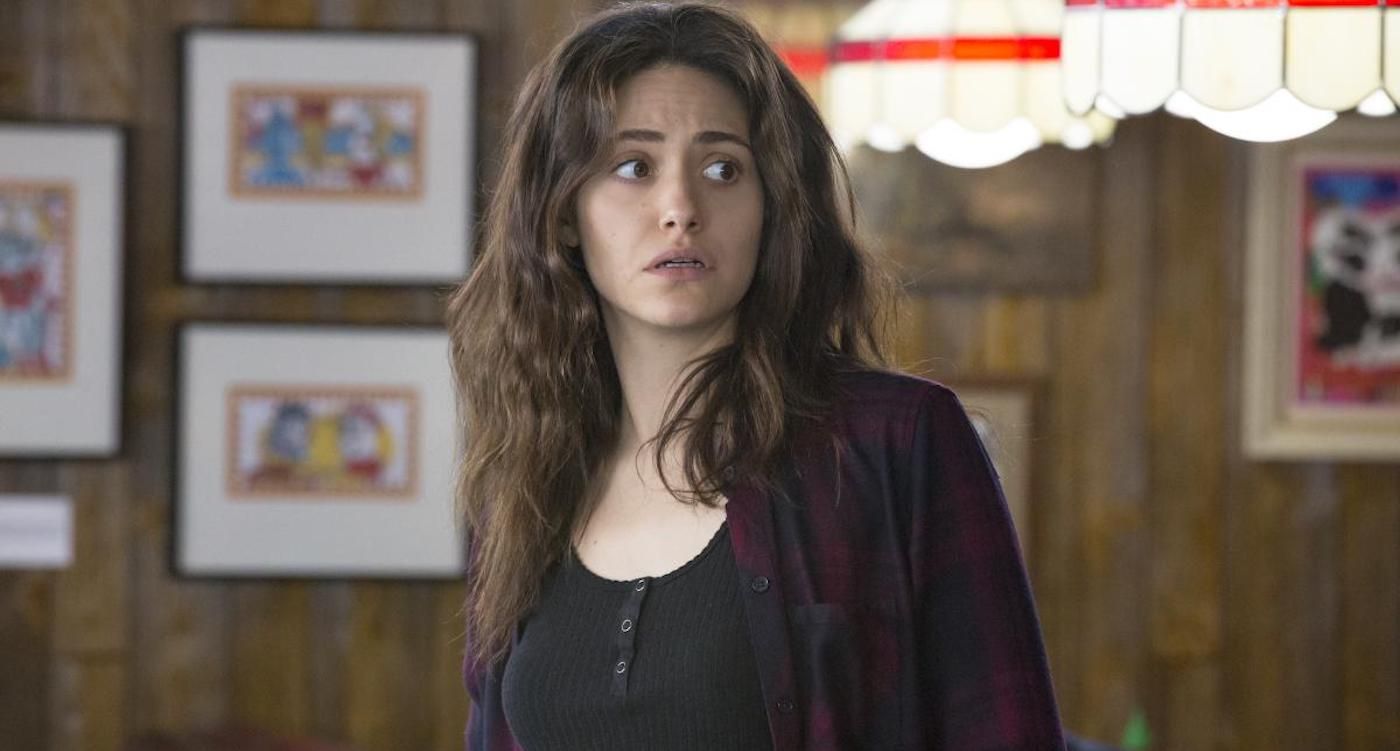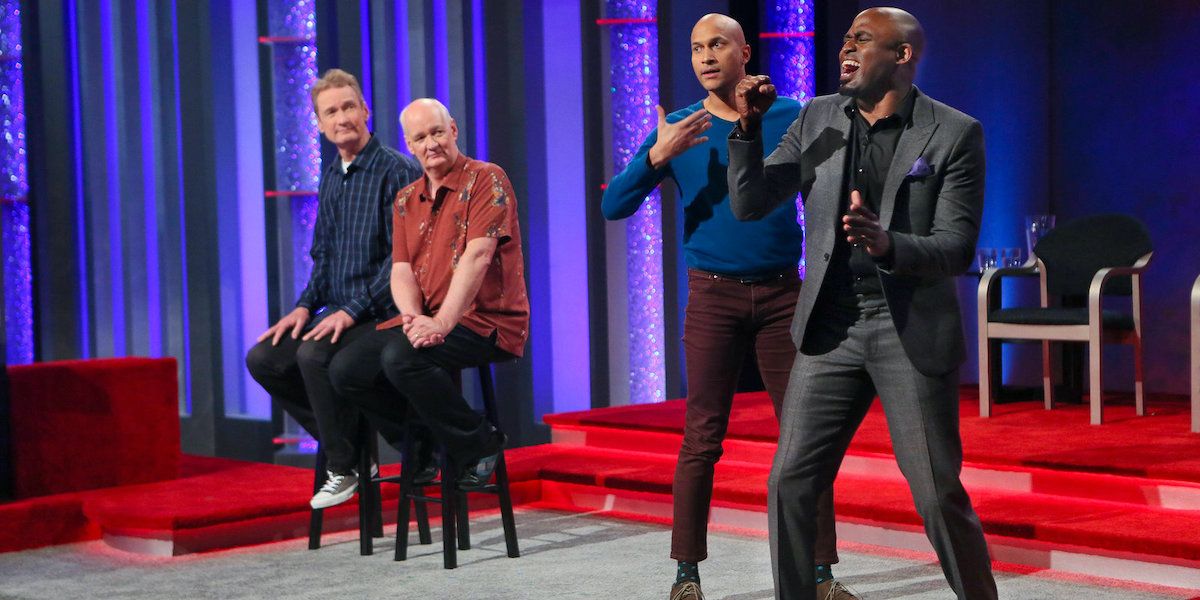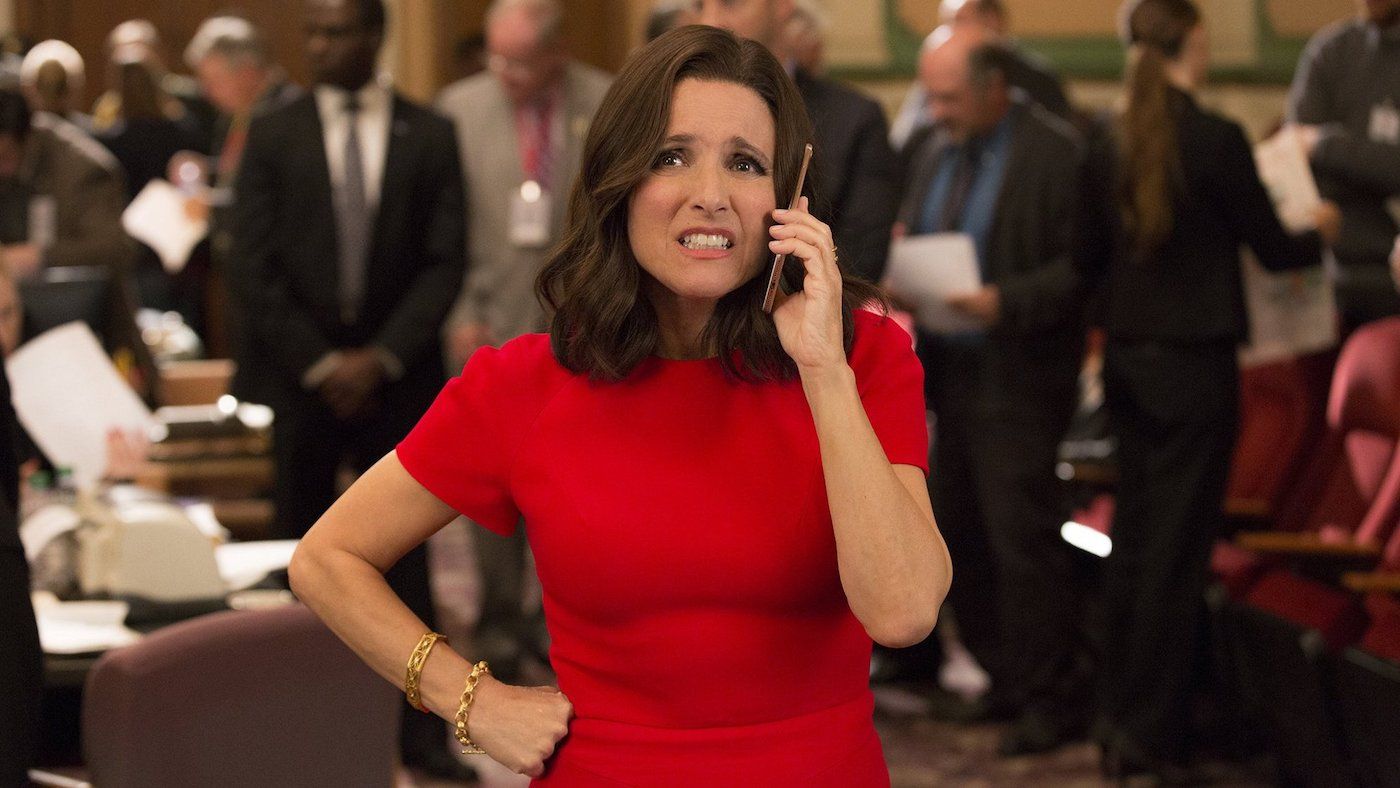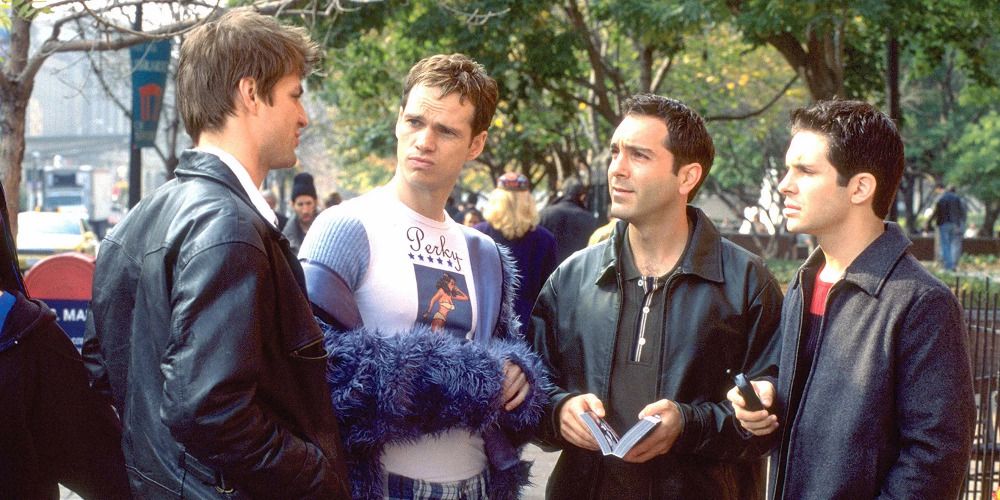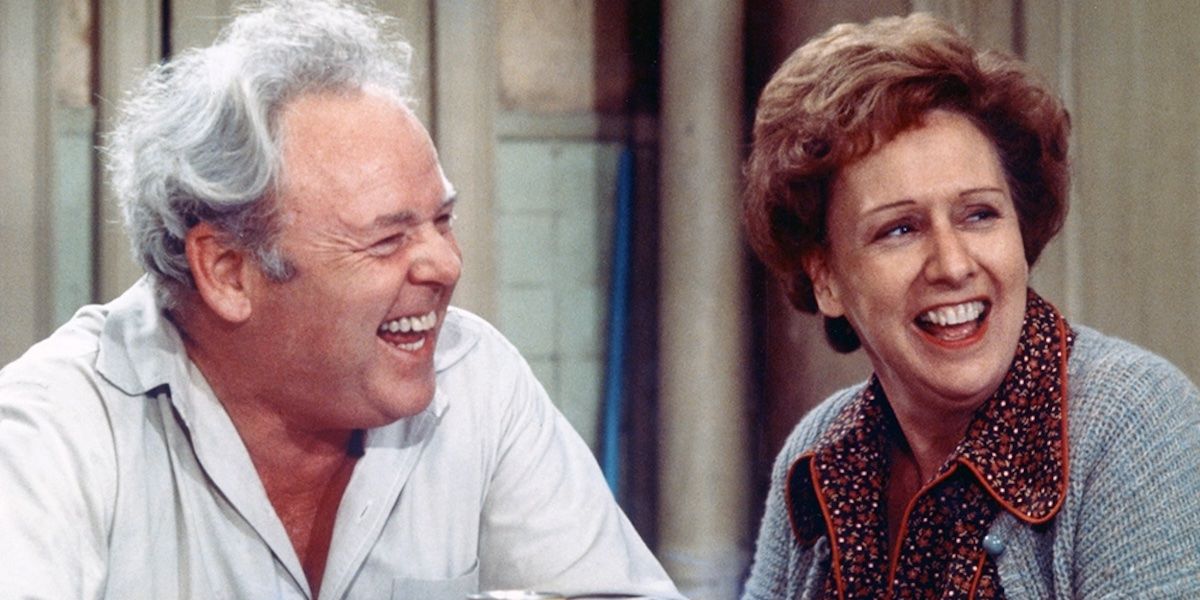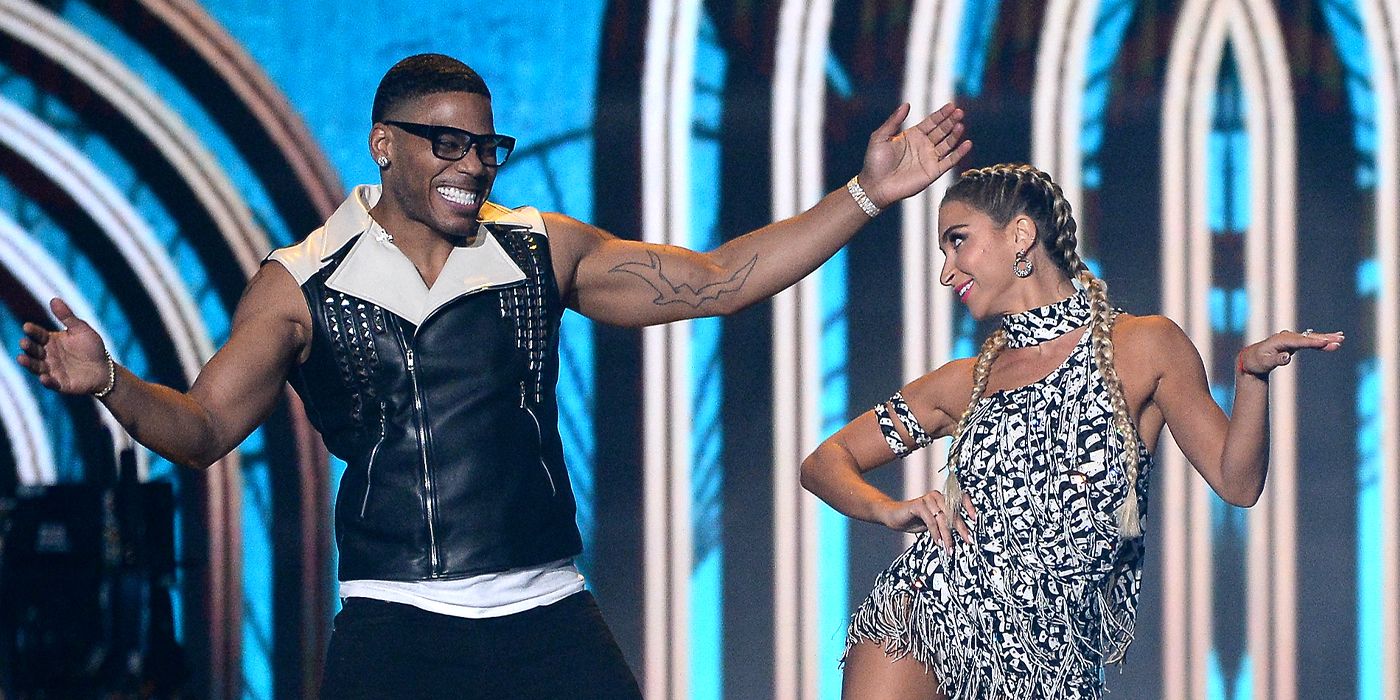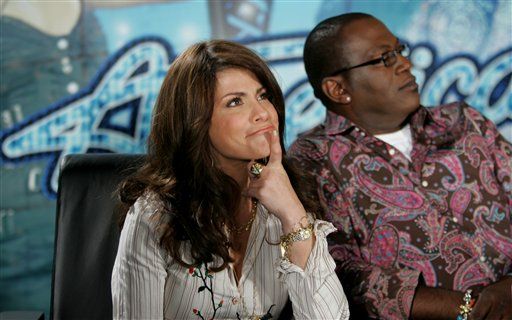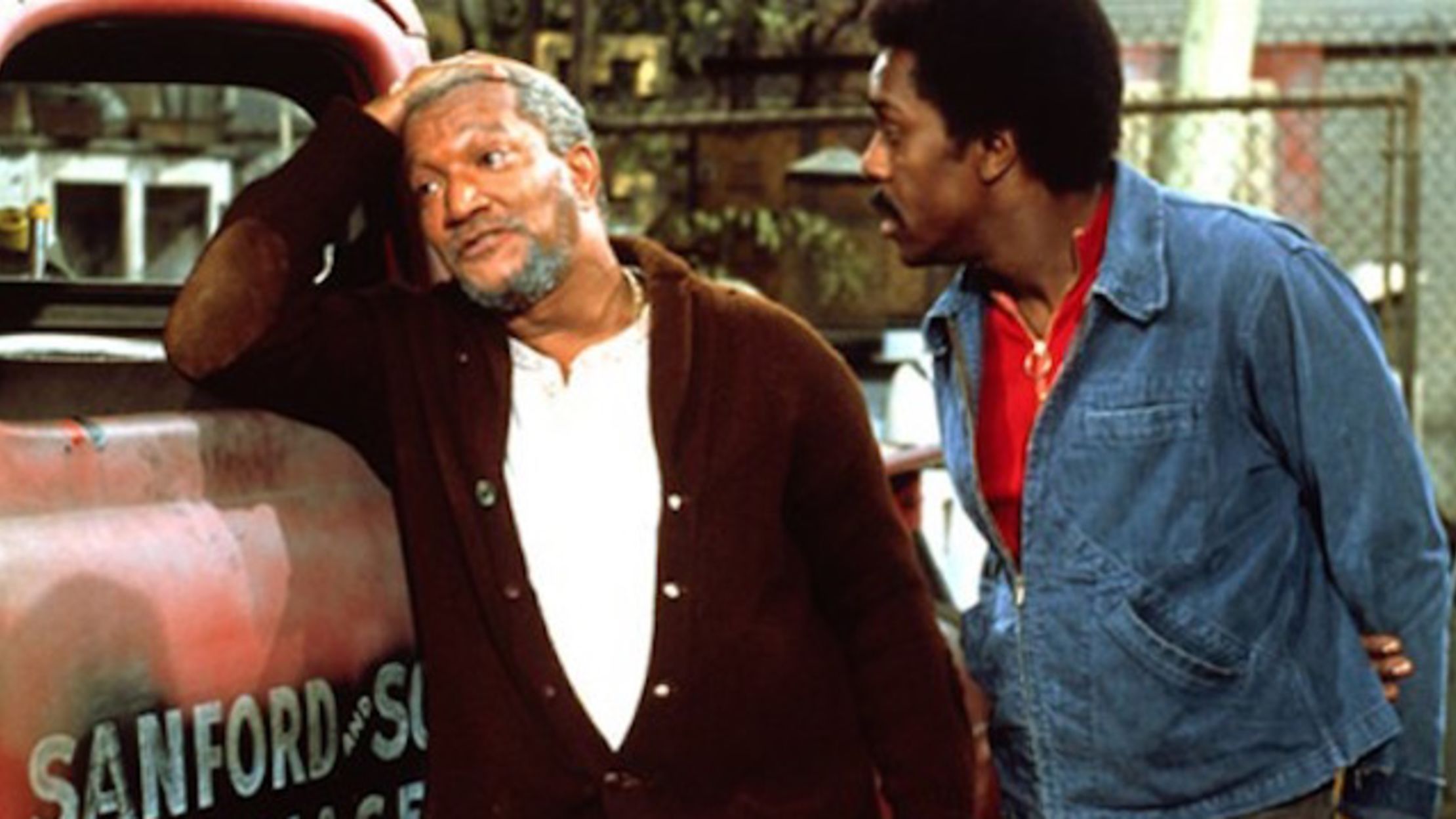American television history is riddled with failed attempts to remake successful British TV shows for the American public. Viva Laughlin, a remake of Blackpool, lasted all of two episodes. The great British comedy Fawlty Towers failed not once, not twice, but thrice: Chateau Snavely (Harvey Korman and Betty White), Amanda's (Bea Arthur), and Payne (John Larroquette). Much of this is due to distinct differences between the two cultures. British series are notable, in part, for their use of irony, sarcasm, irreverence, and wordplay. American series are more direct, and tend to cater to political correctness. Attempts at remakes fail when these differences are not altered for the American audience, or have been so radically altered it loses what made the original special. A successful remake takes the root of its British ancestry and alters the show subtly, acknowledging its past but forging its own path. The shows listed below all found that balance, and benefited greatly from it.
The Office (2005-2013): remake of The Office
No other show on this list exemplifies the ideal remake quite like The Office. David Brent (Ricky Gervais), the boss on the UK version of the show, is more offensive and nastier, while Michael Scott (Steve Carell) is more naive, optimistic and easier for the American audience to get behind. This is also the case with the supporting characters. The UK characters are more real, blunt, and not all that likable, where the US characters are goofier and exaggerated. The most telling difference, though, is that the UK version has many more dry, deadpan, cringe-comedy moments. The US version does have some cringe-comedy (the infamous Dinner Party episode comes to mind), but these moments are less biting, and overall more gentle.
House of Cards (2013-2018): remake of House of Cards
The biggest difference between the US and UK versions of House of Cards is pretty straightforward: the UK version was a set of three miniseries with 12 episodes in total, while the US version lasted 6 seasons, 73 episodes in all. As a result, the UK version is faster paced with fewer characters, with the scheming Francis Urquhart's (Ian Richardson) underhanded climb to the role of Prime Minister occurring much sooner than Frank Underwood's (Kevin Spacey) similar machinations to become President of the United States.
Shameless (2011-2021): remake of Shameless
Both the American and British versions of the show focus on the Gallagher's, a poor, dysfunctional family, headed by Frank (William H. Macy (US) / David Threlfall (UK)), a neglectful alcoholic, and for the first season the storylines were somewhat identical. The US version started to venture away from its roots in season two, maintaining its focus on the Gallagher's, where the UK version started focusing on neighboring families (the main cast didn't stick around for long). Like most successful American remakes, Shameless US benefits from more time devoted to character development, and a bigger budget.
Whose Line is it Anyway? (1998-2007, 2013- ): remake of Whose Line is it Anyway?
Whose Line is it Anyway? is an improvisational comedy television show, with both the US and UK versions only marginally different (even performers like Colin Mochrie and Ryan Stiles appeared on both). That said, the UK version had less censorship of language and content, which oddly favors the US version, forcing a degree of creativity to cross lines without crossing lines.
Veep (2012-2019): remake of The Thick of It
The Thick of It is a satire of the machinations of the modern British government, centered on the fictitious Department of Social Affairs and Citizenship and the blundering ineptitude of its members. Veep is a more upbeat take on the show, now satirizing American politics, with Vice President Selina Meyer (Julia Louis-Dreyfus) and her team comedically caught up in the gamesmanship of Washington.
Queer as Folk (2000-2005): remake of Queer as Folk
A touchstone moment in LGBTQ+ representation on TV, Queer as Folk is another example of how much more time is devoted to character development on the American version over the British version. The US version also tackled issues like gay bashing, queer marriage, and HIV/AIDS more in depth than its predecessor. One odd difference - unlike almost every other American adaptation, the US version was less censored than the UK.
All in the Family (1971-1979): remake of Til Death Us Do Part
The groundbreaking sitcom All in the Family bears more than a passing resemblance to Til Death Us Do Part, the show it is based off of. Both main characters, Archie Bunker (Carroll O'Connor) and Alf Garnett (Warren Mitchell) were both bigoted loudmouths that were meant to show just how absurd prejudice was in society, which both were largely successful at. In fact, the two shows hewed very close to one another, although Bunker was decidedly more lovable than his counterpart.
Dancing with the Stars (2005- ): remake of Strictly Come Dancing
For all intents and purposes, Dancing with the Stars and Strictly Come Dancing are essentially the same, although DWTS is glitzier and more glamorous. One key difference is the judging: DWTS judges are generally more positive in their feedback, and willing to give higher marks, where the judges on SCD are not above calling a spade a spade, with comments and judging much blunter than its American cousin.
American Idol (2002-2016, 2018- ): remake of Pop Idol
Both versions highlight singers - both good and so, so horrible - and their quest for superstar status by singing competitively against others, their hopes in the hands of votes from viewers. Pop Idol (itself a remake of New Zealand's Popstars) only lasted for two seasons in the UK, but its legacy begat not only American Idol but a host of similar shows internationally. American Idol, though, not only outlasted its ancestor but quickly became one of the most successful shows in American television history.
Sanford and Son (1972-1977): remake of Steptoe and Son
Steptoe and Son was a wildly popular show in Britain, centering on the lives of Albert Steptoe (Wilfrid Bambrell), a junk dealer, and his son Harold (Harry H. Corbett). Steptoe was a comedy, but had a deep melancholy, with both lead actors imbuing their poor characters with dramatic depth. Sanford and Son, starring Redd Foxx as Fred Sanford and Demond Wilson as his son Lamont, was a more traditional sitcom, played strictly for laughs, not depth of character (unsurprising given Foxx's background as a stand-up comedian). Sanford also held the distinction of being influential in bringing African American representation to the mainstream.
Ghosts (2021- ): remake of Ghosts
The new kid on the block, the American Ghosts shares the same premise of its UK forebear, but has managed to carve its own identity in a short period of time. The UK Ghosts places more emphasis on the backgrounds of its ghosts, while the US version has spent significant time on developing the young living couple, Sam (Rose McIver) and Jay (Utkarsh Ambudkar), while folding in the distinctive histories of its ghosts.

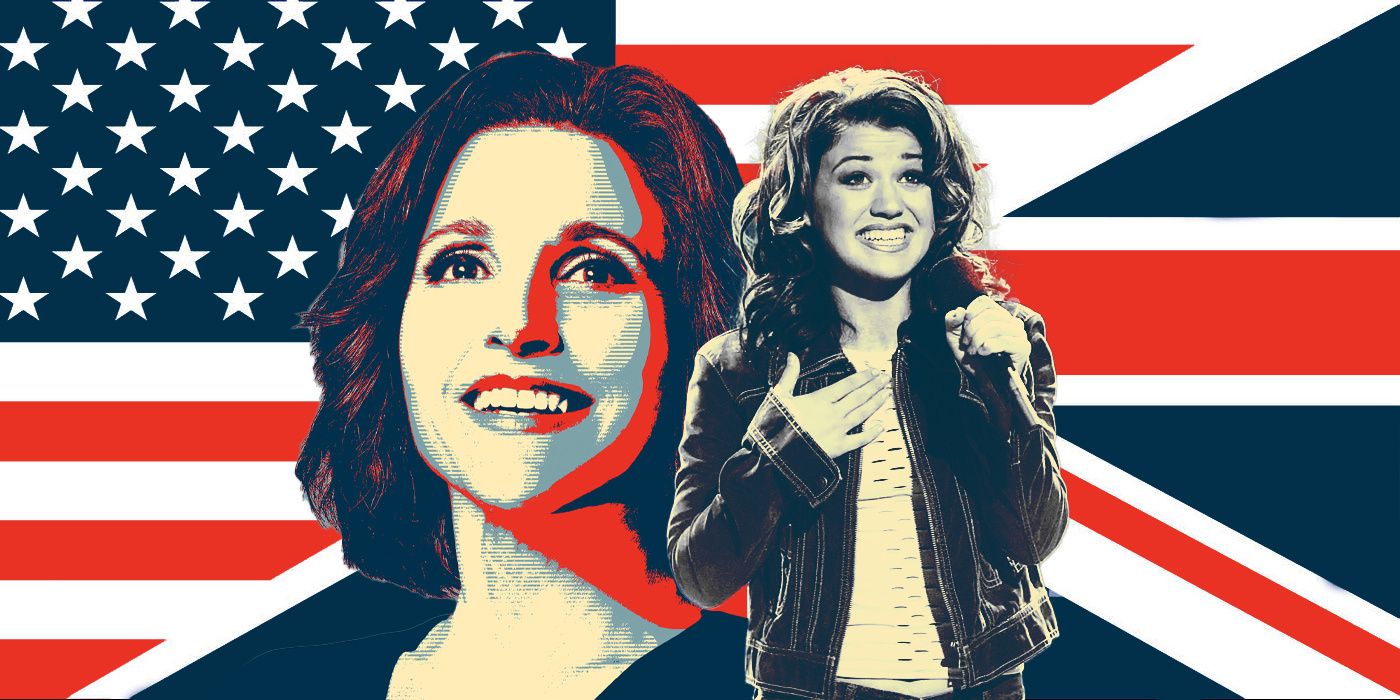
.jpg)
.jpg)
